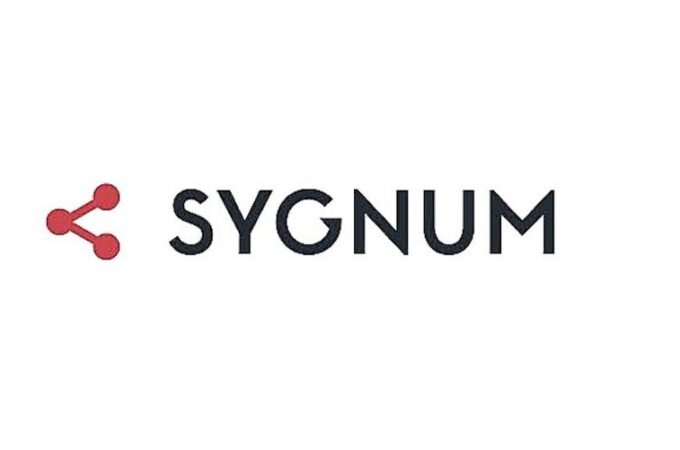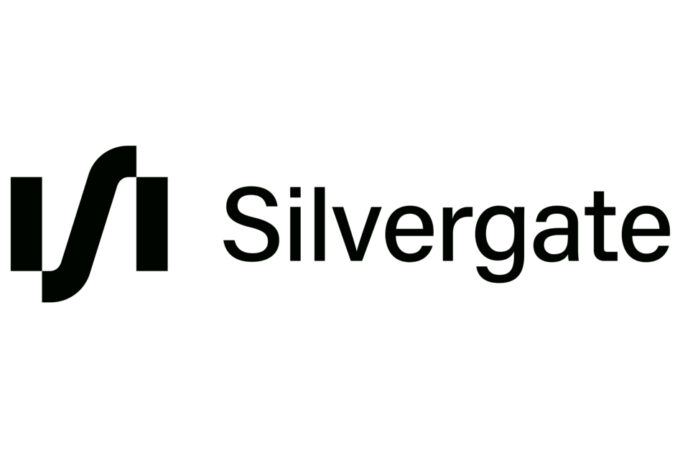
Should You Switch Banks or Should You Stay? Here Are 4 Important Considerations
When it comes to choosing the right bank, you don’t want to entrust your hard-earned money and sensitive personal information to just any old institution. Ideally, you’ll want a trustworthy financial partner that you can work with for the long term. The best bank for you will not only safeguard your personal interests, but also offer the right products and services to help you meet your financial goals.
Most customers begin banking at the same financial institution as their parents, and many will maintain at least one account with their first bank lifelong. However, if you’ve been feeling that your current bank no longer meets your needs, switching banks is a viable option. Lots of new banks and credit unions have opened in the last 10 years, and many of them offer new and innovative features you just won’t find at more traditional institutions.
Of course, changing banks isn’t something you should just do willy-nilly. It’s best to think your decision over carefully and research available alternatives in-depth, so you know you’re making the best possible choice. With this in mind, here are four important factors to consider when determining whether you should switch or stay with your current bank:
Digital Presence and Capabilities
Many aspects of contemporary life are becoming increasingly digital, and banking is no exception. Banks today are expected to be fast, efficient, and perennially accessible, and the best banks today will make use of a robust core banking system to achieve these goals. Most banks will also make information about the technology they use and the digital services they offer available online, so it’s worth looking up your bank’s current digital capabilities when determining whether you should make a switch.
As things currently stand, most reputable banks should offer basic online and mobile banking functions like digital fund transfers, bills payment, withdrawals, and deposits. If you use these features regularly and don’t generally have problems with them, this may be a point in favor of your current bank. If you find online banking features at your institution buggy or difficult to use, or if you’re looking for more complex digital financial services that your current bank doesn’t offer, it may be a good time to consider switching.
Customer Experience
Unsatisfactory customer service is one common reason people switch banks. If your bank is slow to process requests and applications, difficult to communicate with, or otherwise unable to serve you in the ways that you need, you may be best off looking to other financial institutions for a better customer experience. You may also want to switch banks if you’re looking for personalized financial advice and recommendations and can’t get these from your current bank.
While it’s hard to gauge what your customer experience will be like until you become an official client yourself, there are ways to form a more informed impression before you take the plunge. If you’re thinking of switching to a well-established regional or national bank, for example, you can try looking for online customer reviews about the said bank. You can also speak to friends, colleagues, or relatives who bank with the institution you’re considering. Asking for input from people you know and trust will help you get a sense of how the bank treats its customers and what problems you might encounter with its services and staff.
Interest Rates
People are also likely to switch banks if they’re looking for more competitive interest rates on their current accounts, saving accounts, or loans. If finding the best possible interest rates is one of your major priorities, then you’ll definitely want to make sure that the information you’ve gathered about potential banks is accurate.
Start by checking if the banks you’re considering list their interest rates on their official websites. You may even want to call a new bank directly to get the details you need straight from the source.
Fund Access Methods
Naturally, you’ll want to work with a bank that makes it easy for you to withdraw your money whenever you need it. Traditional banks will have physical branches and ATMs for this purpose. Make sure that any new banks you’re thinking of switching to are readily accessible from the places you live, work, and visit regularly. For your own convenience, you’ll want to be close to at least one local branch and a good number of the bank’s ATMs.
If you’re considering switching to an online bank, it’s best to look up how it lets customers access their money and how long it takes to transfer funds. While online banks typically have ATM networks nationwide, they won’t have physical branches, which may make withdrawing large amounts of money difficult. As a workaround, consider maintaining an account at a traditional bank in addition to an online one so that you can readily transfer money between the two whenever you need cash.
Switching banks isn’t a choice to be made lightly, but once you put in the proper research, it shouldn’t be too difficult to come to an informed decision. Keeping the above considerations in mind will help you determine if your current bank is still a good fit for you or if it’s time to seek greener pastures elsewhere.
Photo by Tima Miroshnichenko





